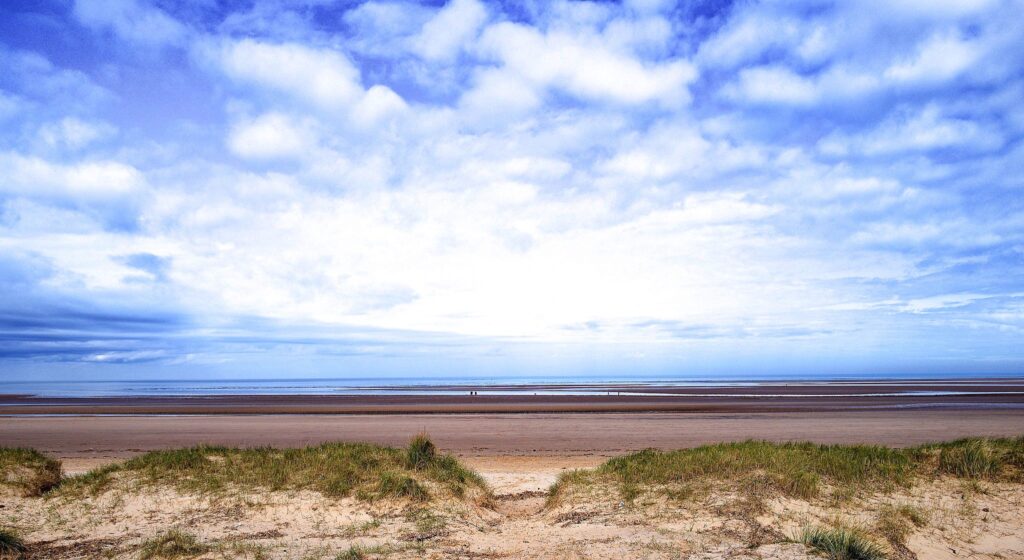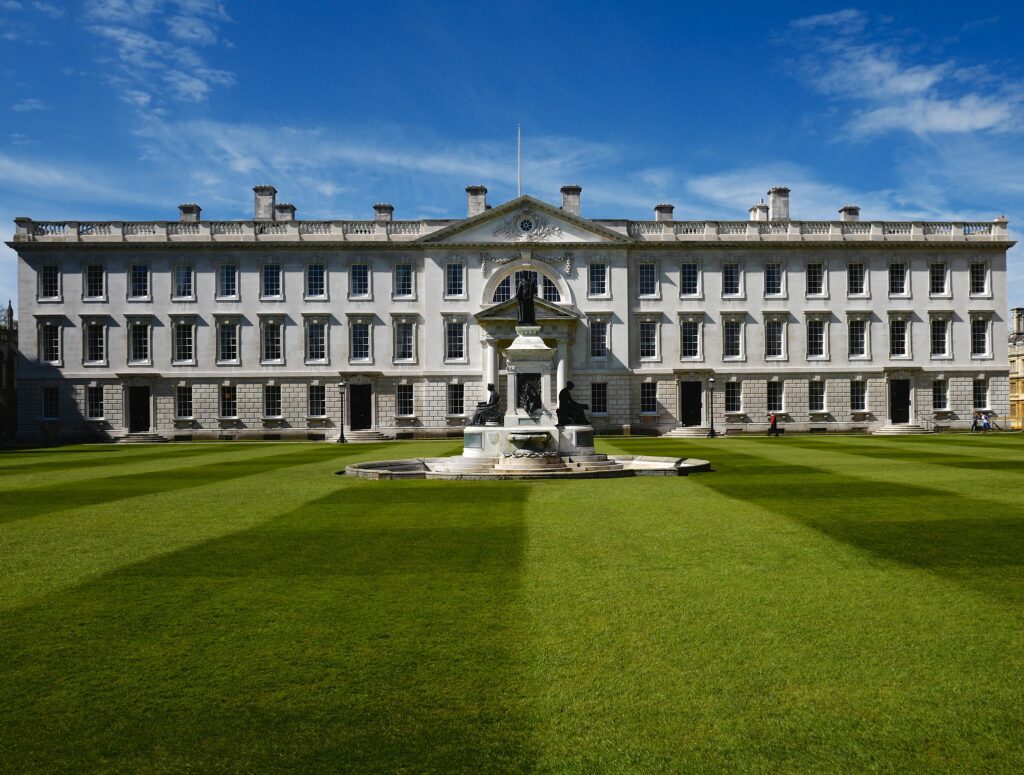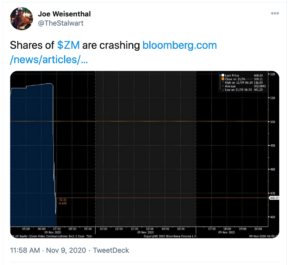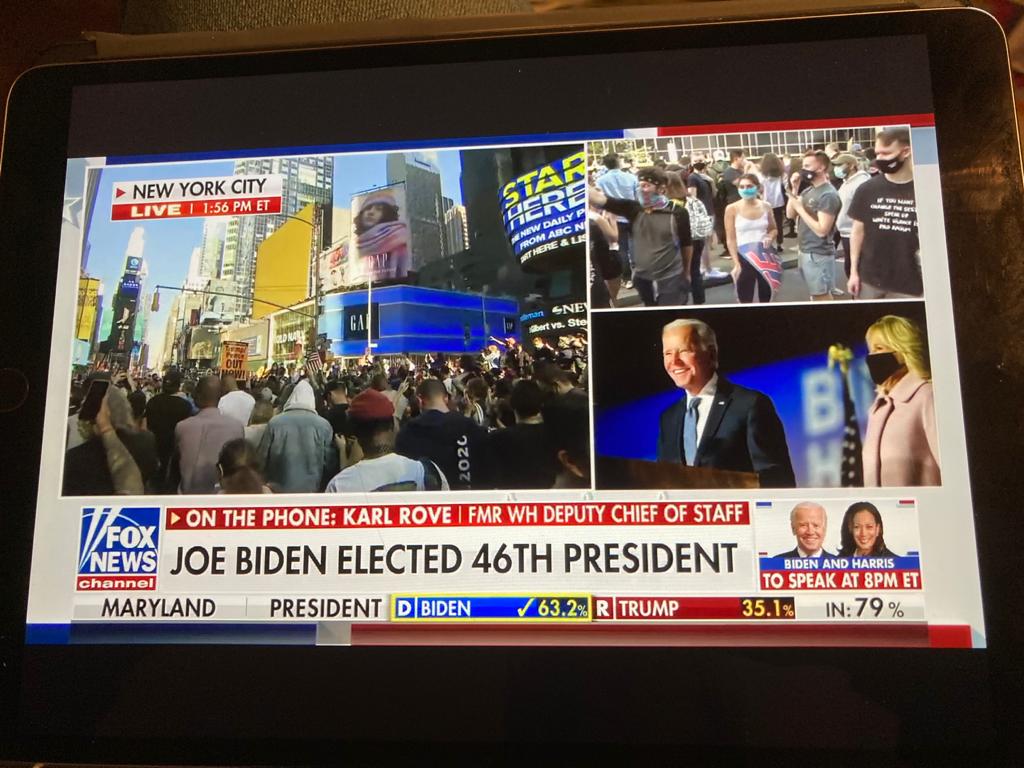Brancaster, Norfolk. Where I’d love to be if we weren’t locked down.
Quote of the Day
”We must respect the other fellow’s religion, but only in the sense and to the extent that we respect his theory that his wife is beautiful and his children smart.”
- H.L. Mencken
Musical alternative to the morning’s radio news
Joseph Haydn – String Trio, Op.53, No.3 in D Major
Death and Venice
Colm Toibín is in Venice, on his own. He’s written an enchanting diary column for the London Review of Books which I fear may be behind its paywall. In case it is, these last two paragraphs will give you a feel for it:
One of the subjects to muse on as old age begins is how unfair life is. Venice is a good place for such thoughts. One day I walked down to Riva dei Sette Martiri which is where I stayed first in the city. I had a coffee and looked out over the misty water. I came to this very spot first in 1977, which is 43 years ago. If I have the chance to come and sit here in 43 years’ time, I will be 108. I realise that this is a most banal and useless subject for contemplation. But what else is there to think about?
There was quietness to ponder; maybe that was enough. When I stood outside the Accademia, the only sound came from a stray boat on one of the lesser canals and a vaporetto on the Grand Canal, a dutiful, useful ghost, taking the small population of Venice from one place to another while the hordes that normally come to the city remained crouched in their homes, fearful, socially distant. Once they come back, we can all start complaining again. Until they do, we will wear our masks and whisper about small mercies and think about light and shade.
Long read of the Day
Can lab-grown brains become conscious?
From Nature
In Alysson Muotri’s laboratory, hundreds of miniature human brains, the size of sesame seeds, float in Petri dishes, sparking with electrical activity.
These tiny structures, known as brain organoids, are grown from human stem cells and have become a familiar fixture in many labs that study the properties of the brain. Muotri, a neuroscientist at the University of California, San Diego (UCSD), has found some unusual ways to deploy his. He has connected organoids to walking robots, modified their genomes with Neanderthal genes, launched them into orbit aboard the International Space Station, and used them as models to develop more human-like artificial-intelligence systems. Like many scientists, Muotri has temporarily pivoted to studying COVID-19, using brain organoids to test how drugs perform against the SARS-CoV-2 coronavirus.
But one experiment has drawn more scrutiny than the others. In August 2019, Muotri’s group published a paper in Cell Stem Cell reporting the creation of human brain organoids that produced coordinated waves of activity, resembling those seen in premature babies1. The waves continued for months before the team shut the experiment down.
This is an angle on consciousness I never expected.
Why the current lockdown is different
From Jonty’s blog:
I was walking the hound this morning which involves crossing a major road near me, which used to have numerous shops on it. You can tell by the facades that even though they are now flats they all used to be shops, now there is only one newsagent left. It made me think about the latest rebound in UK GDP figures, and whether it will last? The latest lockdown strongly suggests it won’t, the economy is bound to take another hit and for one sector in particular this lockdown will be much worse.
Many years ago I persuaded the manager of a huge department store on Oxford Street to talk about the run up to Xmas. One thing really surprised me; the store made well over 50% of its profits in November and December, it may have been as high as 75%, it was a long time ago. The January sales also brought in quite a bit of money but as the manager told me, that meant the shop was making a loss for 9 months of the year.
Which is why the retail sector is so anxious about this new lockdown. Although the last one was tough, at least it didn’t cover the most and possibly only profitable time of the year, like this one does.
What is wrong with people in the US?
This from Tyler Cowen today:
He comments:
And rising, 1500 per day seems baked in, 2000 per day might also be within reach. I just don’t get you people who say this isn’t a big deal.
Nor do I. It’s strange how this kind of carnage looks like being ‘normalised’.
Other, hopefully interesting, links
- AlphaGo: the full documentary. No matter what you think about AI this film (about how a machine beat the World Champion at Go) is wonderful. And it’s on YouTube. 90 minutes. Pour a drink and sit back. And look out for Eric Schmidt’s cameo appearance. Link.
- Ruby Bridges Tells Her Story. In 1960, at the age of six, Ruby Bridges was the first black pupil at the newly desegregated William Frantz Elementary School in New Orleans. She was escorted to her first day of school by federal marshals, a journey that was immortalized by Normal Rockwell in a 1964 painting called ‘The Problem We All Live With’. Ruby is now 66 and has published a new book. Jason Kottke has a lovely post about it which includes the Rockwell painting.
This blog is also available as a daily email. If you think this might suit you better, why not subscribe? One email a day, delivered to your inbox at 7am UK time. It’s free, and there’s a one-click unsubscribe if your decide that your inbox is full enough already!










